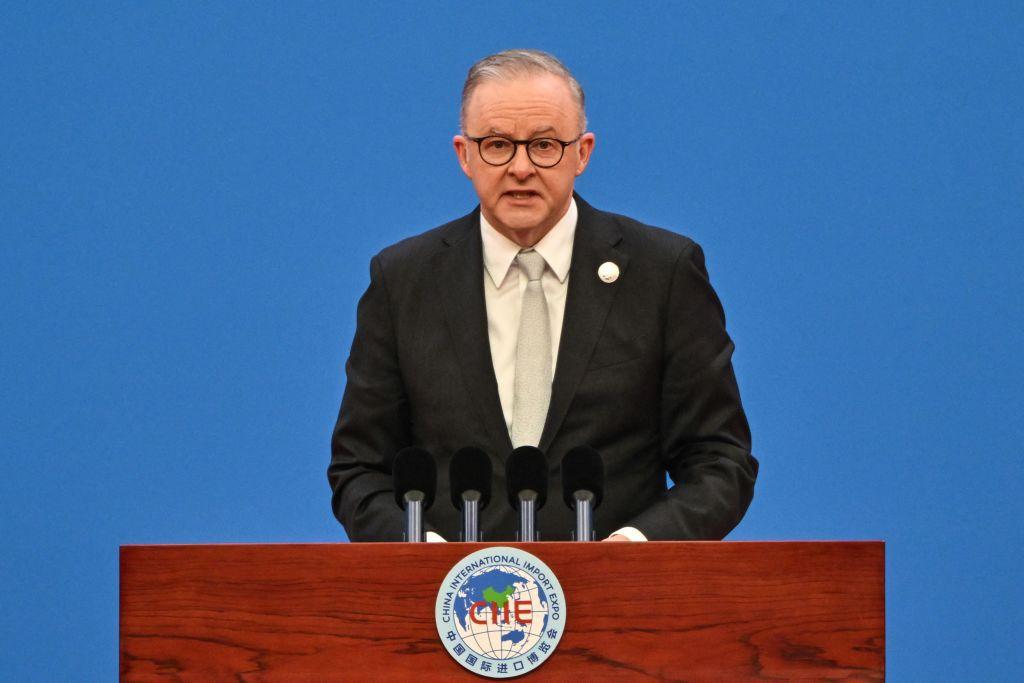Australian Prime Minister Anthony Albanese has strongly supported the World Trade Organisation’s (WTO) trade rules framework while rebuking the economic sanctions imposed by Beijing.
On Nov. 5, the prime minister attended the China International Import Expo in Shanghai, where he delivered a speech about the relationship between the two countries and trade issues.





